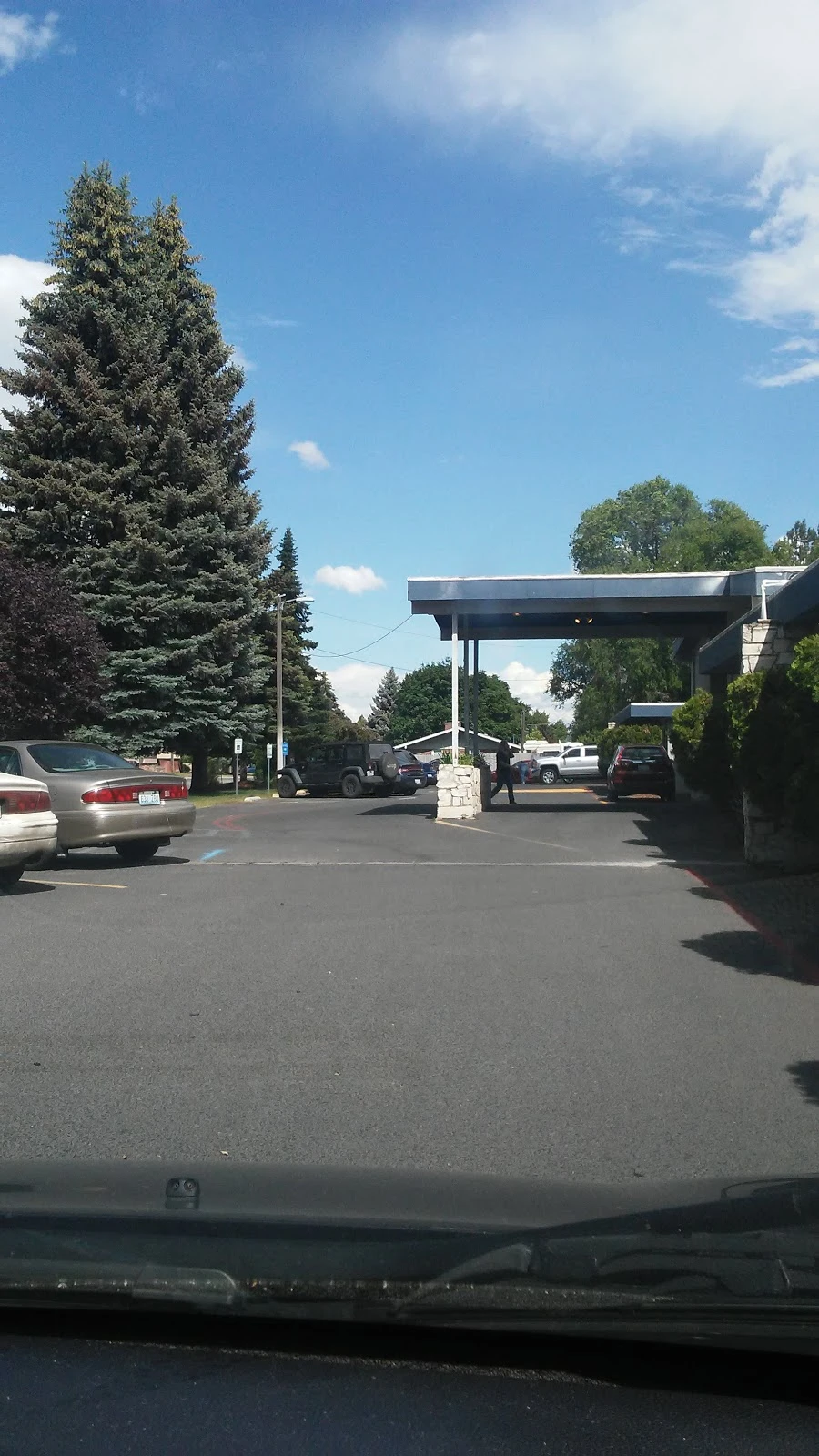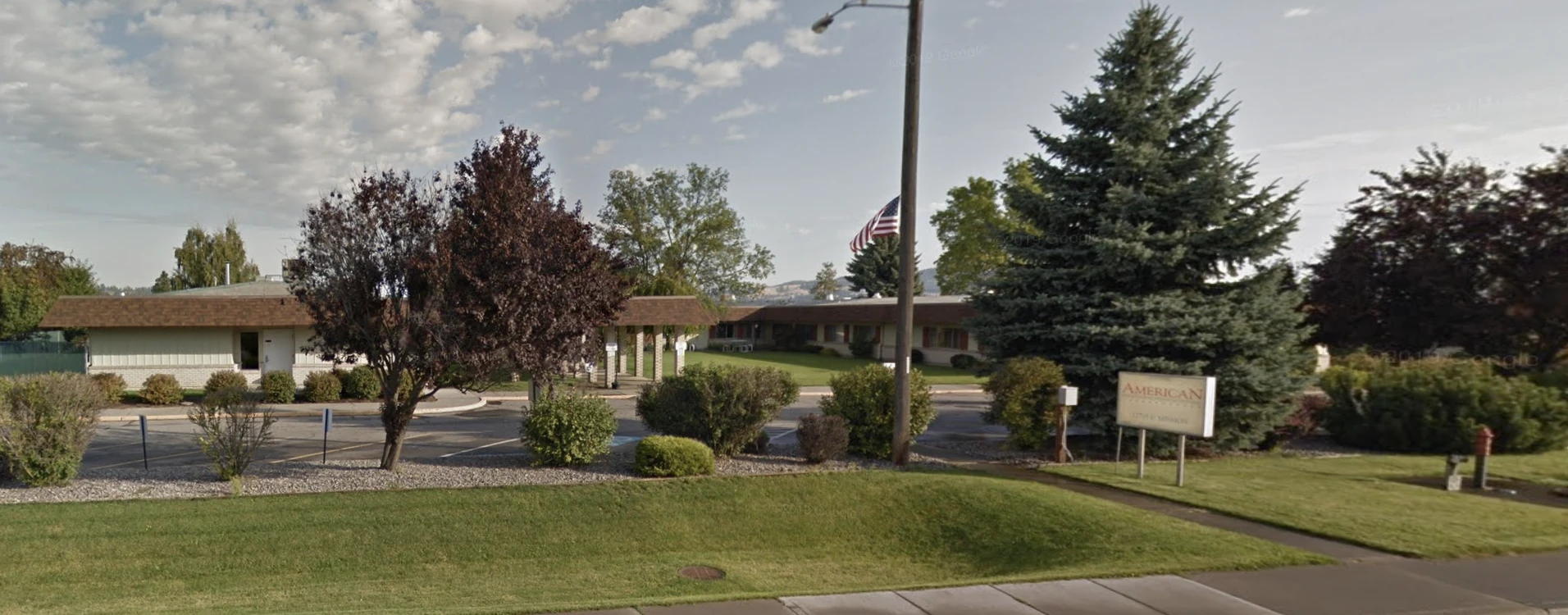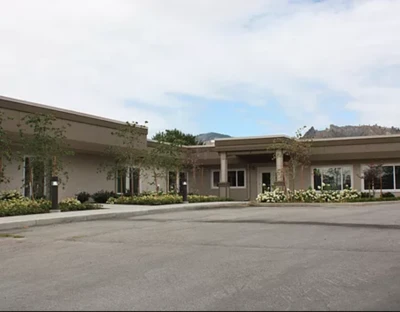American Behavioral Health Systems (ABHS) is a private rehabilitation facility located in Spokane, Washington. Specializing in the treatment of drug addiction, opioid addiction, alcoholism and substance abuse, ABHS is dedicated to providing comprehensive and personalized care to individuals seeking recovery.
ABHS – American Behavioral Health Systems is committed to delivering high-quality, evidence-based care tailored to meet the unique needs of each patient.
The client is at the center of the care provided by ABHS – American Behavioral Health Systems. During their stay, clients will have the opportunity to engage in therapeutic community meetings, participate in individual and group therapy attend lectures, self-help meetings, and enjoy outdoor breaks. The residential program at American Behavioral Health Systems (ABHS) typically spans an average duration of 15 to 180 days.
ABHS – American Behavioral Health Systems maintains accreditation from the Commission on Accreditation of Rehabilitation Facilities (CARF), reflecting its commitment to maintaining high standards of care and treatment excellence.







